In the annals of American labor history, the Boston Police Strike of 1919 stands as a pivotal moment that echoed far beyond the cobblestone streets of its time.
As the nation emerged from the shadows of World War I, the police force in Boston became the focal point of a groundbreaking labor movement, marking a significant chapter in the struggle for workers’ rights.
This overview delves into the Boston police strike of 1919: overview, history & importance. We’ll explore the intricate tapestry of events leading up to the strike, the unprecedented walkout itself, and the enduring repercussions that rippled through the labor landscape.
Examining the historical context, key players, and the broader socio-political climate, we unravel the threads of this momentous event, shedding light on its lasting importance in shaping not only labor relations but also the very fabric of American society in the aftermath of the Great War.
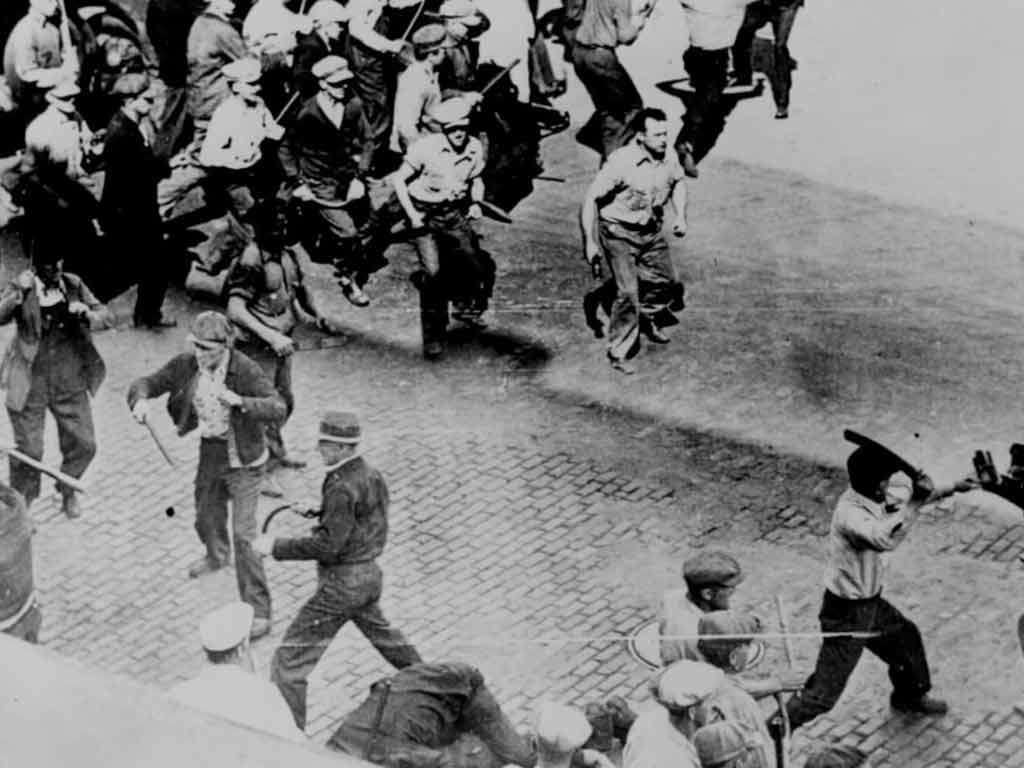
The Boston Police Strike of 1919: Overview, History & Importance
The Boston Police Strike of 1919 was a seminal event in American labor history, reflecting the post-World War I era’s social and economic upheavals. Here’s a detailed account of the history:
Post-War Discontent
After World War I, the United States faced economic uncertainties and labor unrest. Returning soldiers competed for jobs, causing a post-war recession.
Workers across various industries sought better conditions and fair wages, contributing to a nationwide wave of strikes.
Labor Movement
The American Federation of Labor (AFL), a prominent labor organization, played a central role in advocating for workers’ rights. As the labor movement gained momentum, unions sought recognition and collective bargaining power.
Police Grievances
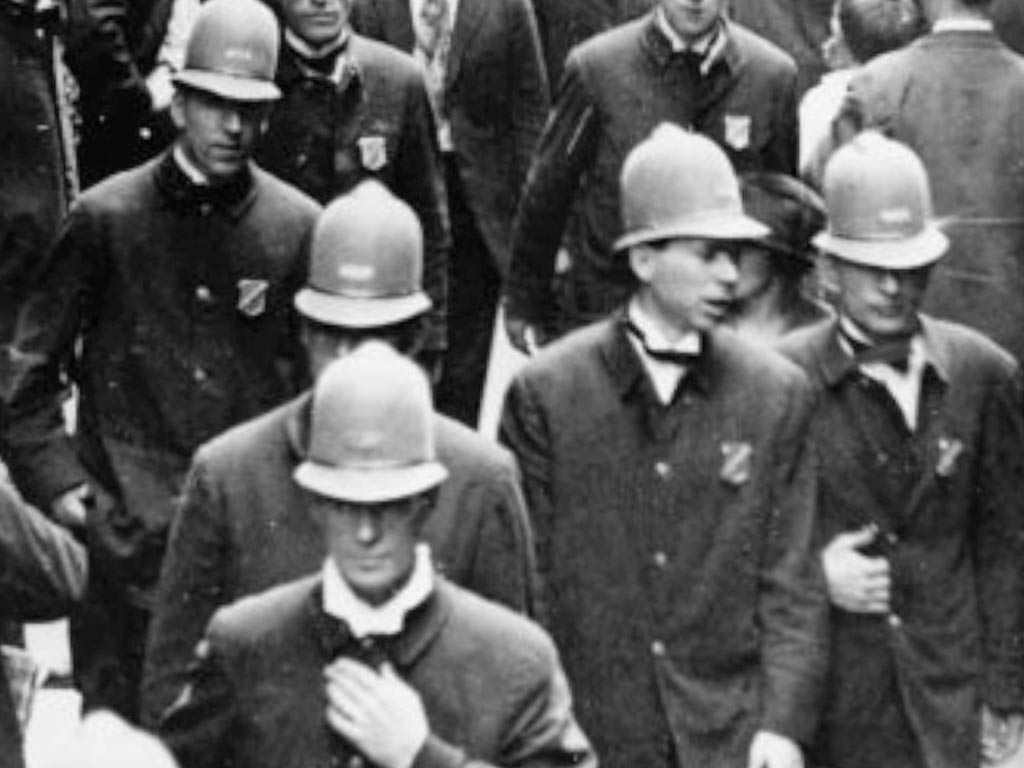
The Boston Police Department faced significant challenges. Officers endured long hours, low pay, and inadequate working conditions. The Boston Social Club, formed by the police officers, emerged as a key player in voicing their concerns.
Unionization Efforts
In an era where the right to unionize was still evolving, police officers sought recognition of their right to form a union. Their demands included better pay, an 8-hour workday, and improved working conditions.
Chaos Ensues
As the police officers abandoned their posts, Boston plunged into chaos. With law enforcement absent, crime rates surged, and citizens felt the immediate impact of the strike.
Public Reaction
Public sentiment varied, with some supporting the officers’ demands while others were alarmed by the sudden increase in criminal activities. Newspapers played a crucial role in shaping public opinion, contributing to the polarized views.
Strike Vote
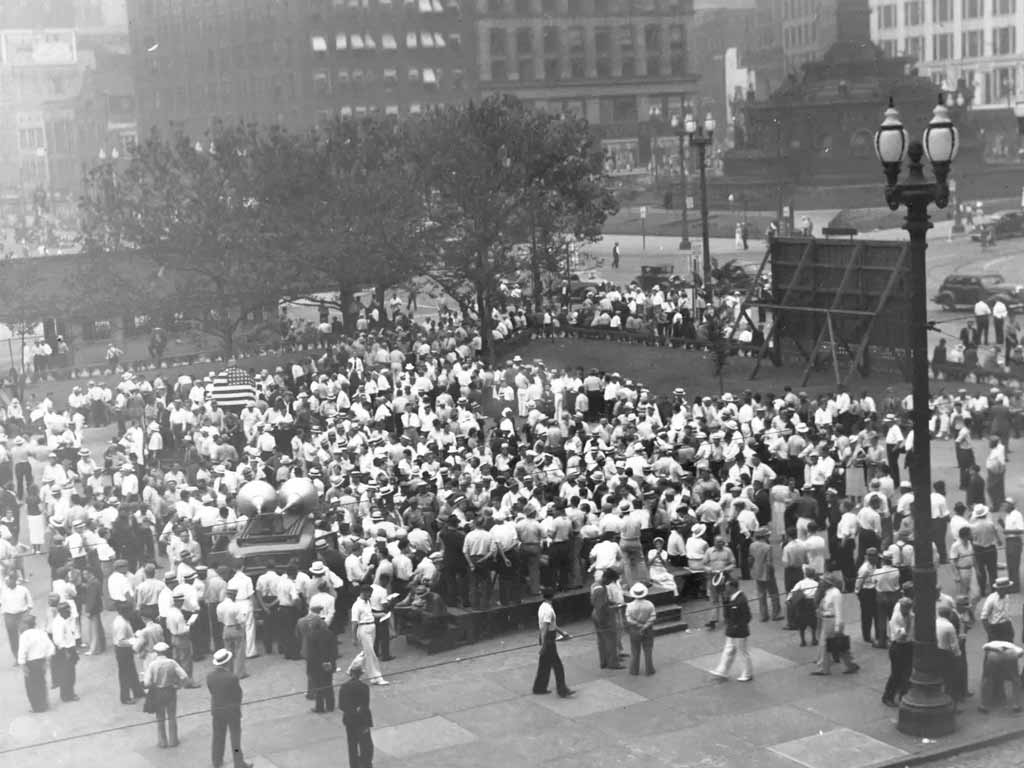
On September 9, 1919, the Boston police officers voted overwhelmingly to strike. The decision was fueled by frustration with the police commissioner, Edwin Upton Curtis, and their grievances with the existing working conditions.
Governor Coolidge’s Intervention
Governor Calvin Coolidge, facing a delicate situation, declared the strike illegal and called in the Massachusetts State Guard to restore order. Coolidge’s firm response gained national attention and contributed to his political rise.
Repercussions for Strikers
Most striking police officers were dismissed, and efforts to form a union were thwarted. The consequences for those involved in the strike were severe, but the event sparked discussions about the rights of workers and the role of unions.
National Labor Relations Act
The Boston Police Strike had a lasting impact on labor relations. The National Labor Relations Act of 1935, part of President Franklin D. Roosevelt’s New Deal, recognized workers’ rights to organize and engage in collective bargaining a legislative response influenced by the challenges highlighted in events like the Boston Police Strike.
Importance of the Boston Police Strike of 1919
The Boston Police Strike of 1919 holds paramount importance in American history, labor relations, and the evolution of workers’ rights. Several key factors contribute to its enduring significance:
Recognition of Workers’ Rights
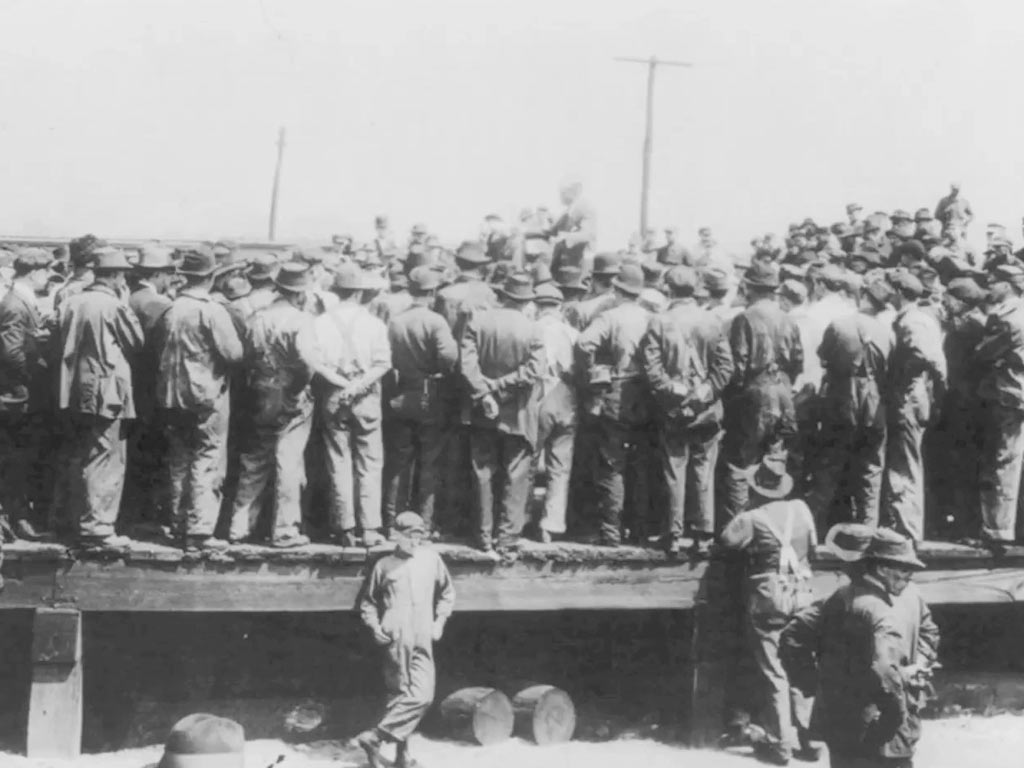
The strike underscored the need to recognize the rights of workers, including the right to unionize and engage in collective bargaining. It became a rallying point for the broader labor movement advocating for improved working conditions and fair wages.
Legislative Reforms
In the aftermath of the strike, policymakers reflected on the grievances of the police officers. This led to subsequent legislative reforms, including the National Labor Relations Act of 1935, which formalized the right of workers to organize and collectively bargain.
Political Implications
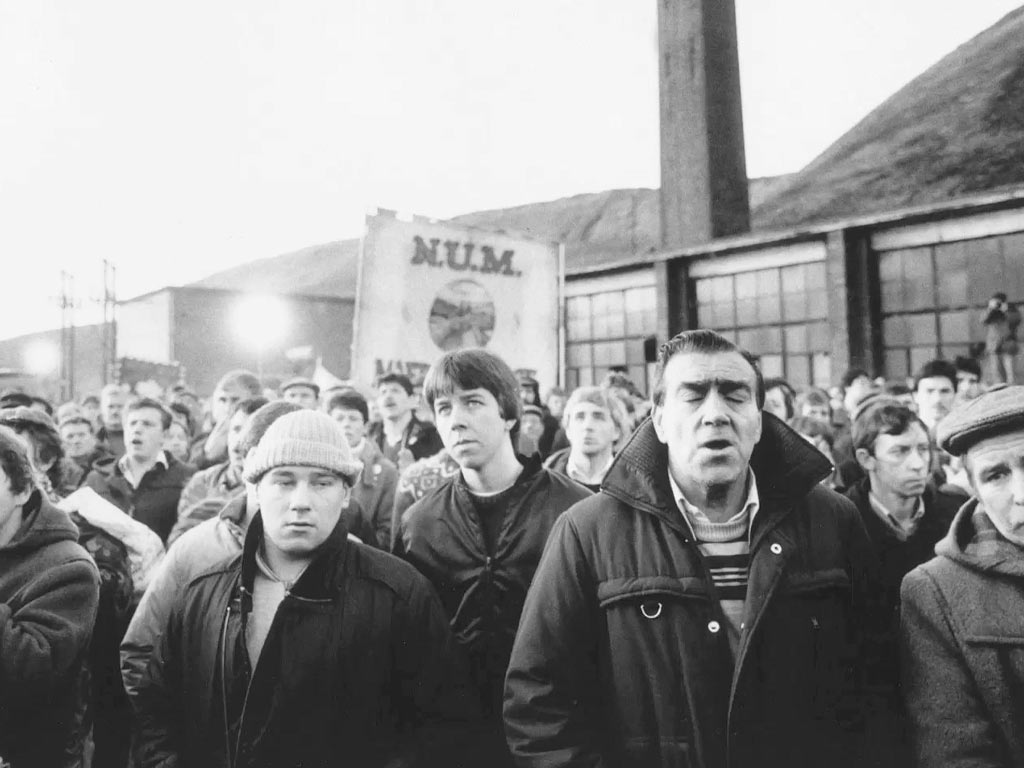
Governor Calvin Coolidge’s handling of the strike catapulted him onto the national stage. His firm stance against the striking officers garnered attention and contributed to his political ascent.
Coolidge later became Vice President and eventually the 30th President of the United States.
Shaping Public Opinion
The strike, widely covered by newspapers, brought attention to the challenges faced by workers and the impact of labor disputes on public safety.
It sparked debates and discussions about the role of unions and the delicate balance between workers’ rights and the broader welfare of society.
Sacrifices and Resilience
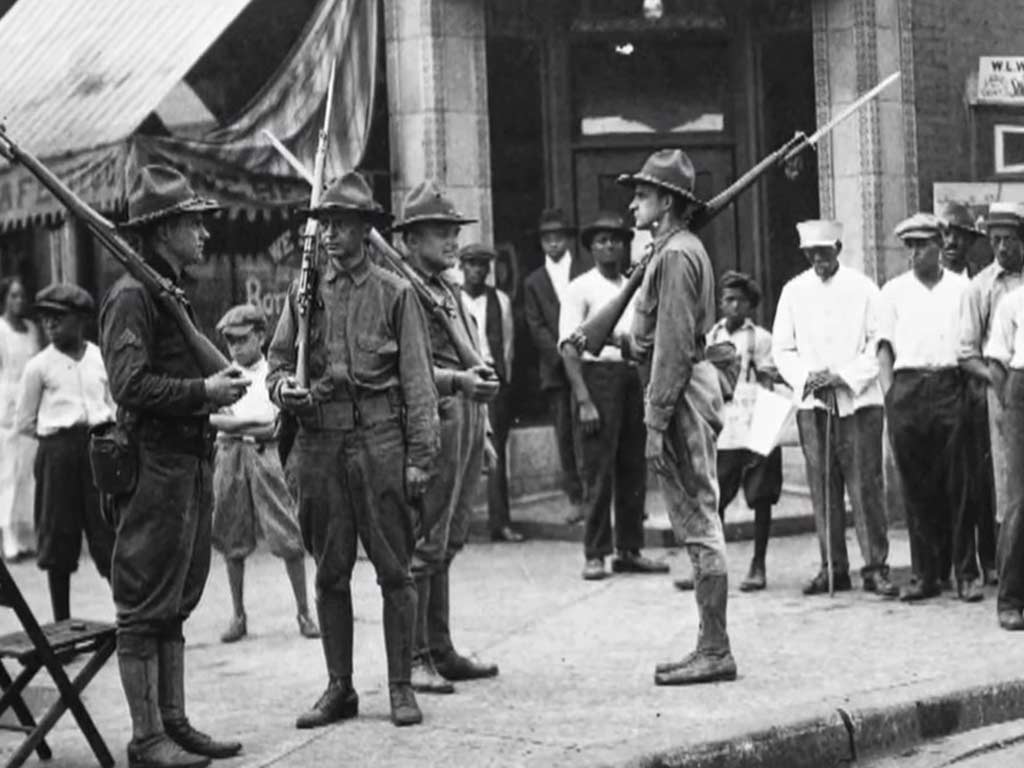
The sacrifices made by the striking police officers underscored the resilience of workers in the face of adversity. Their determination became a source of inspiration for future labor movements, reinforcing the notion that collective action could bring about meaningful change.
Balancing Act
The strike highlighted the challenges of balancing the rights of workers with the need for public order and safety. This delicate balance remains a recurring theme in discussions surrounding labor relations and strikes.
Influence on Subsequent Movements
The Boston Police Strike served as a template for future labor movements, influencing the strategies employed by workers seeking to address grievances and secure their rights.
Historical Reflection
The event continues to be studied and analyzed in historical contexts, providing insights into the socio-economic conditions of the post-World War I era and the dynamics of labor relations during a period of significant transformation.
How Did People Respond to the 1919 Boston Police Strike?
The response to the 1919 Boston Police Strike was varied and shaped by public opinion, media coverage, and the actions of political figures. Here are some key aspects of how people responded:
Public Opinion and Sympathy for Strikers
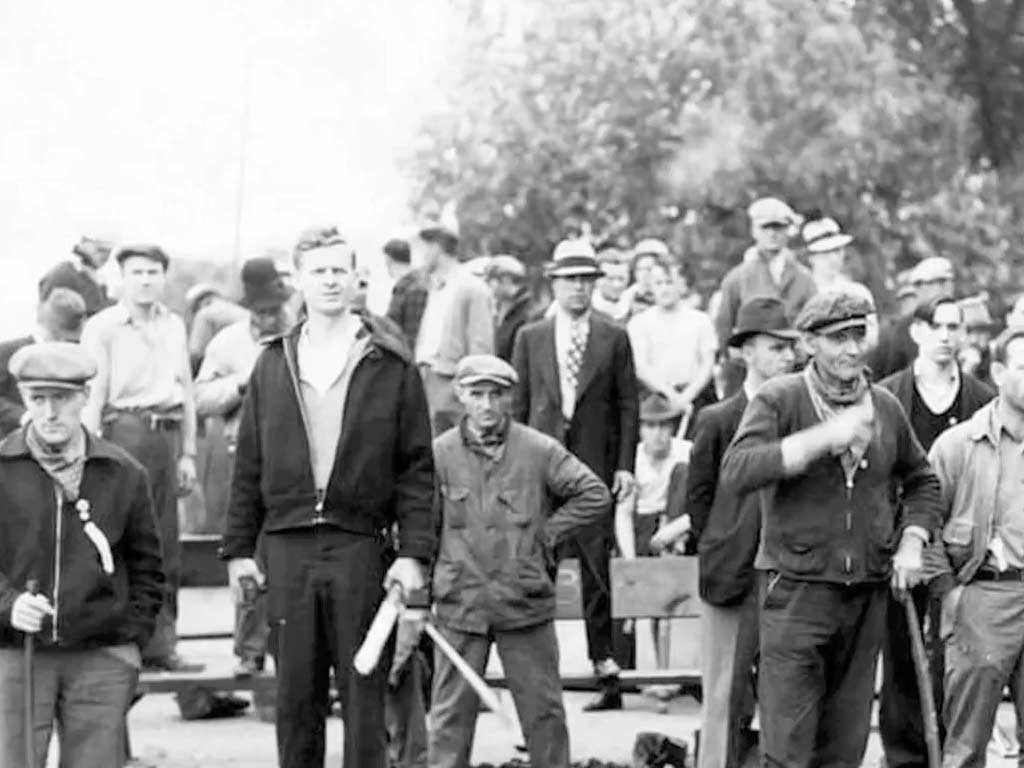
Some segments of the public sympathized with the striking police officers, recognizing their demands for better working conditions, fair wages, and the right to unionize. Many citizens were empathetic towards the challenges faced by the police force.
Concerns over Public Safety
However, there was also a significant portion of the population that grew increasingly alarmed as crime rates surged during the strike. The absence of law enforcement created a sense of insecurity, leading to fears for public safety.
Media Coverage and Editorial Positions
Newspapers played a crucial role in shaping public opinion. Editorial positions varied, with some publications supporting the strikers’ grievances and others condemning the walkout as a threat to public order. The media amplified the polarized perspectives surrounding the strike.
Sensationalism and Bias
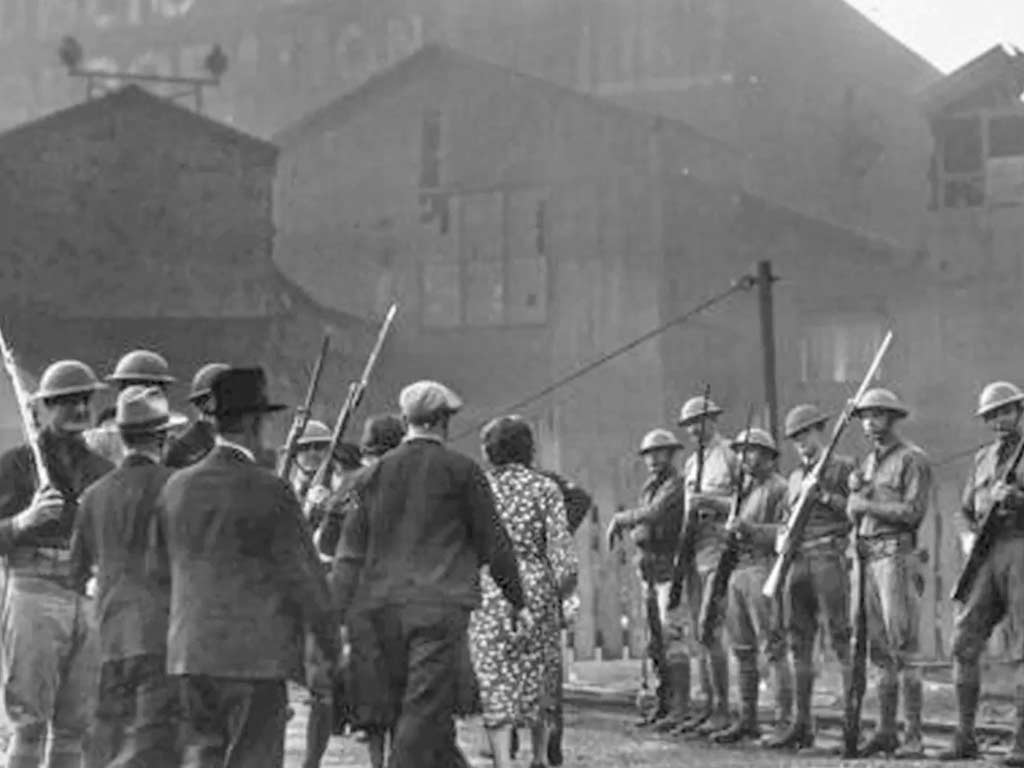
In some cases, media coverage sensationalized the events, contributing to a heightened sense of tension. The biases of different publications influenced how the strike was portrayed and perceived by the public.
Governor Calvin Coolidge’s Stance
Governor Calvin Coolidge took a firm stance against the strike, declaring it illegal and asserting the state’s authority to maintain public order. His intervention gained him national attention and contributed to his political rise.
Replacement of Striking Officers
To address the void left by the striking officers, Coolidge called in the Massachusetts State Guard to take over law enforcement duties. This move aimed at restoring order but also signaled a strong response against what he perceived as a threat to public safety.
Repercussions for Strikers
The striking police officers faced severe consequences, with most of them losing their jobs. The dismissal of the officers served as a cautionary tale for future labor movements, illustrating the potential personal sacrifices associated with striking.
Legislative Reforms
The strike influenced subsequent labor legislation. Policymakers reflected on the grievances raised by the strikers, contributing to the evolution of laws recognizing workers’ rights, such as the National Labor Relations Act of 1935.
Long-Term Impact
The long-term impact of the strike was felt both by the striking officers and in subsequent legislative reforms. The dismissal of the police officers served as a cautionary tale for future labor movements, illustrating the potential personal sacrifices associated with striking.
FAQs
What were the main grievances of the Boston Police during the 1919 strike?
The primary grievances included long working hours, low wages, and inadequate working conditions. The police sought improved conditions and the recognition of their right to unionize.
How did the public react to the Boston Police Strike of 1919?
Public opinion was divided, with some supporting the officers’ demands for better working conditions, while others were alarmed by the surge in crime during the strike. Media coverage played a crucial role in shaping and amplifying these perspectives.
What was the role of Governor Calvin Coolidge in the 1919 Boston Police Strike?
Governor Coolidge took a firm stance against the strike, declaring it illegal and calling in the Massachusetts State Guard to replace the striking officers. His response gained national attention and contributed to his political rise.
What were the consequences for the striking police officers?
Most striking officers faced severe consequences, including dismissal from their positions. The repercussions highlighted the personal sacrifices associated with striking during a time when labor rights were still evolving.
How did the Boston Police Strike impact labor relations in the United States?
The strike influenced subsequent labor legislation, contributing to discussions around workers’ rights. It played a role in shaping the National Labor Relations Act of 1935, which recognized the right of workers to organize and engage in collective bargaining.
Conclusion
In the crucible of the Boston Police Strike of 1919, the embers of discontent sparked a transformative fire that would illuminate the path to workers’ rights in the United States.
As the officers donned their uniforms as symbols of solidarity, they etched their place in history, challenging the prevailing norms and demanding a fair share of the American dream.
Beyond the streets of Boston, the echoes of this resounding strike reverberated through legislative corridors, igniting conversations that would redefine the employer-employee dynamic.
The aftermath witnessed a slow burn of change, as labor laws evolved, acknowledging the potency of collective bargaining and fair working conditions.
The resilience of the strikers left an enduring imprint on the American psyche, a reminder that in unity lies the power to shape a more equitable future. The Boston Police Strike thus stands as a milestone in labor history.
Jaclyn Lowe